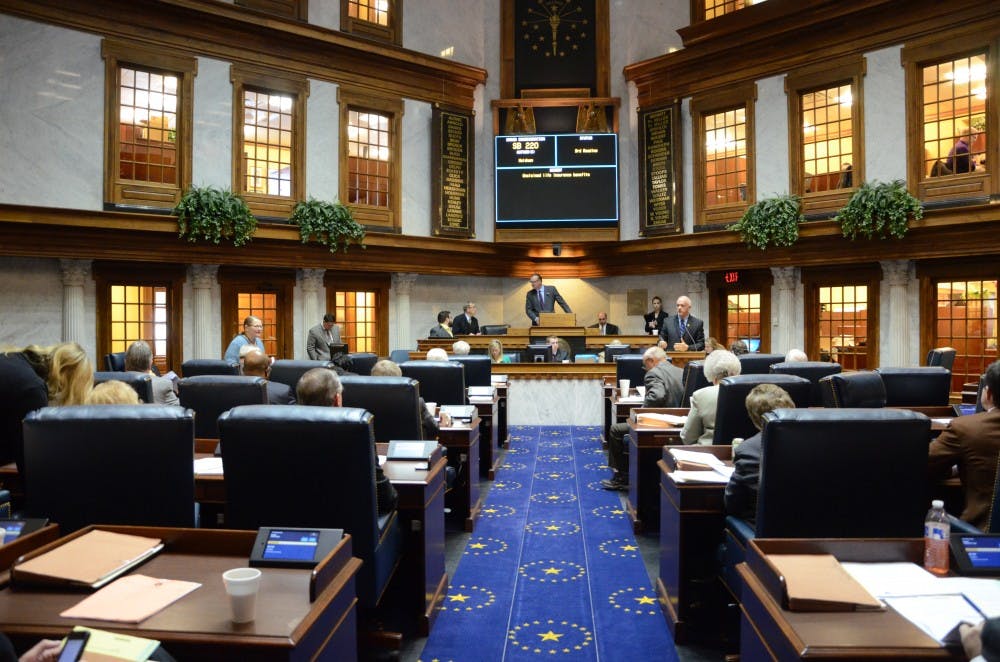Who could this apply to?
• Has to be a religious institution that is state-funded
• Includes universities and hospitals
An Indiana Senate bill could allow organizations to refuse to hire an applicant if they aren't of a certain religion.
Senate Bill 127, was given to the Indiana House of Representatives on Feb. 6 after it was passed 39-11 by the Indiana Senate. It would allow religious-based, state-funded organizations – including universities and hospitals - to hire people based on their religion, and to allow organizations to require employees to follow religious beliefs.
State Sen. Travis Holdman (R-Markle), who authored the bill, said in a statement it brings Indiana into alignment with federal law by allowing state-funded religious institutions to give hiring preferences to those with the same religious beliefs.
“Since the state contracts with hundreds of religious institutions that provide millions of dollars of important public services, it was important to make this change,” Holdman said in a statement. “Otherwise, Indiana may jeopardize many of these agreements and the services they provide for Hoosiers. This legislative action merely restores the state contract practice in Indiana that has been going on for decades.”
Maggie Garrett, legislative director for Americans United for Separation of Church and State, said she has a big problem with this bill.
“It’s one thing when churches and religious organizations use their own private money and discriminate and hire on basis of religion,” Garrett said. “It’s another thing when it’s taxpayer-funded discrimination, which is exactly what this bill would allow.”
Garrett said for her, religious freedom doesn’t mean religious organizations get profit from taxpayer dollars and use that money to discriminate hiring.
“It tells me the government wants to get their money to organizations that are going to discriminate in hiring and say certain people of certain religions need not apply,” Garrett said. “It sends a particular message that certain people are treated differently and that the government will allow their taxpayer money to go toward organizations that refuse to hire certain people based on their religious beliefs.”
She said when the organizations can require employees to follow their religious tenets, it makes the bill worse.
“It isn’t just, do you consider yourself a Lutheran or not and check the box, but when they’re talking about teachings and tenets, they’re talking about everyday ways you live your life,” she said. “This goes much more broad. I think they’d be smart to remove that language.”
Elizabeth Agnew, associate professor of religious studies, said her first thought when she saw the bill was “Oh, that’s not legal.”
But although the bill might be seen as a violation of the First Amendment's promise of freedom of religion, the religious organization exemption (Title VII) says it exempts a religious organization from the prohibition of religious discrimination in regards to hiring employees of a particular religion if they’re hired to do work connected to that religion.
Even so, some critics of the bill have said it is discrimination.
“The same case seen as religious liberty for some people is religious discrimination for others,” Agnew said.
Notre Dame University declined to comment because as a rule, they don’t comment on pending legislations. Anderson University also declined to comment.
Agnew said she thinks religion is given a protected status in America.
“The government can’t establish a religion or prohibit the free exercise,” Agnew said. “It just gets complicated when they cross over and say we want to dip into state or federal funding.”




